Received two more books in the mail from Amazon.co.uk:Guideposts to Happiness and The Laws of Happiness.Well, actually these were the two first physical books, the other two were e-books from ebookmall. Since I am still in my Happy Science fad, these are books by Ryuho Okawa. And they are quite good too. Of course, I expected that, as I had read excerpts from them on Google Books before ordering them.
These books have no interstellar travel or sinking continents. Even the detailed strata of the spiritual world are toned way down. Instead they mostly contain heaps of practical advice for modern people, with some theoretical groundwork of why some things lead to success and others to failure, some to happiness and some to misery.
One thing I noticed is that Okawa does not use aphorism. There are few if any short soundbites that you can underline and make into a motivational poster. Instead he usually conveys a point over 2-3 sentences of average length. Just too long for a snap quote, but very easy to understand.
Another part of his writing, which is very refreshing, is how freely he admits that he has had to grow with his tasks himself. When Happy Science was a new and small organization, he had only a moderate number of followers who were all spiritual but with fairly simple needs. He felt quite adequate to the task and confident in his abilities. But then all kinds of different people started joining, and the first ones started to become quite advanced. Suddenly he found himself at his limits, but as soon as he acknowledged these limits, he began to surpass them. So even though he sees himself as a kind of Messiah, he has had to improve himself a lot. The good news is that anyone can do that, with the right mindset.
Overall, I find it hard to deny that this man has a high spirit. He seems genuinely interested in helping people improve, and has the wisdom to do so in a simple, practical way. He does not peddle a quick cure, like you see in some modern self-help books. And he certainly doesn’t go “Just believe in me, your savior, and things will get easy”. Not at all. For a supposed sect leader, he is amazingly practical and realistic in these books. In so far as he mentions himself and his organization at all, it is as examples, drawing lessons from his own history.
The Laws of Happiness even has a section on how to succeed in your job. That was quite an eye-opener for me. Perhaps I will write about it in more detail later.
The last half of the book is unabashedly religious, but still fairly generic, using well-known concepts from Christianity and Buddhism. Once again, there isn’t much sectarian about this. If you believe you have an immortal spirit (or immortal soul, as most westerners erroneously calls it) then most of it will make sense. If not, well, the book is cheap and the first half should be useful even for those who break out in rashes on seeing the word “God”. There is also a good deal of practical advice in the last half, if you can read it without getting upset. Taking time to reflect on what you have done, or believing that our thoughts affect our lives, is not something that requires a specific named god. Although having one does not hurt either.
For the curious, there is a section about IRH, the Institute for Research in human Happiness, the precursor to Happy Science. (The Japanese name was always the shorter version.) One amusing fact is that they originally required a written application and a test, but when they expanded overseas, they were told that religions are not supposed to have tests, they are supposed to be open for anyone. So they changed their policy on that. I must admit I kind of liked the original approach. If people had to take a thorough Bible quiz to become Christians, we might be spared some pretty noisy and offensive people claiming to represent our religion. Actually, I think you need something like that to convert to Catholicism, but don’t quote me on that, I have it secondhand. (Third hand for you, then, and who has three hands?)
Still reading Guideposts, but it has some fascinating stuff too. Things that make me go “Wow, I never thought of that, now it makes sense!” That is kind of disturbing, but I accept what I can use. I cannot afford to reject truth just because it comes from an unlikely source. I don’t believe just any spirit, but seek to try everything and keep what is good. Light willing, I shall try to share some of the goodness in the near future.
Or you could get the books yourself, I guess, but I don’t know… If I had read them 20 years ago, would they have helped me at all? Almost certainly not. Even five years ago, I am not sure I would have been able to see some of what I see now. It is as if there is this huge puzzle and I have been able to see an outline for a good long time, but only the last few years are a lot of pieces starting to come together at great speed, as if handed to me just in time. So I cannot guarantee that the books will do you good, or even that they won’t do you harm. But me, I am impressed.

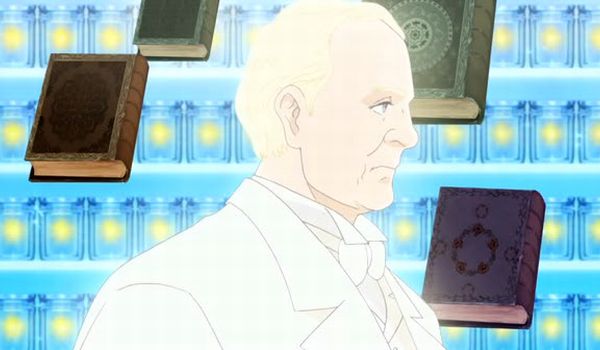
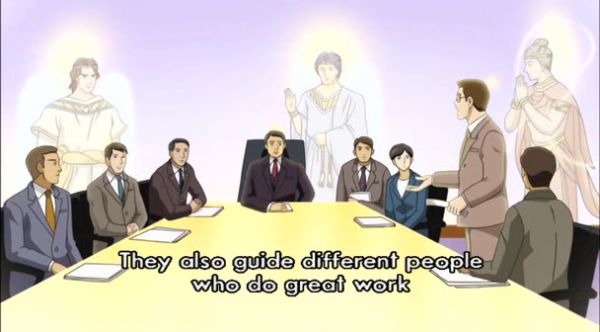
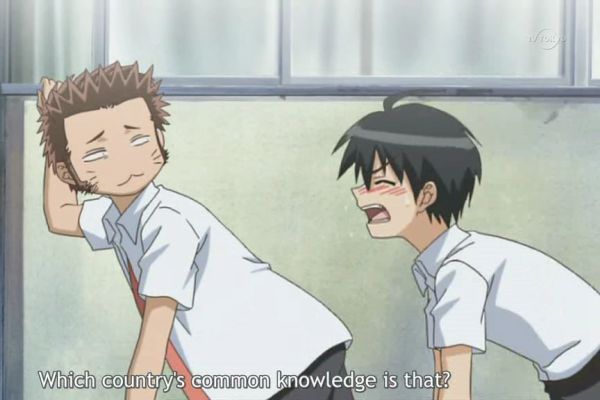
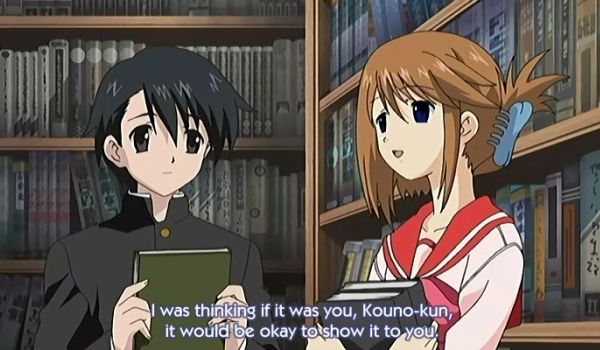



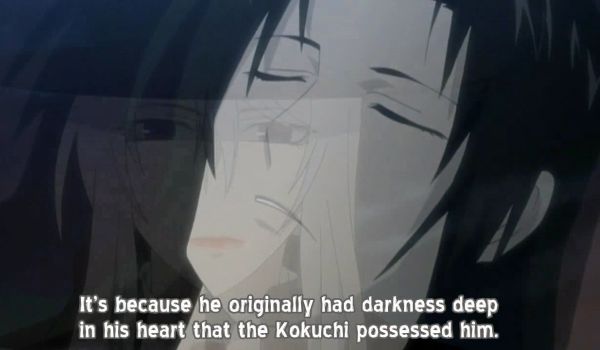
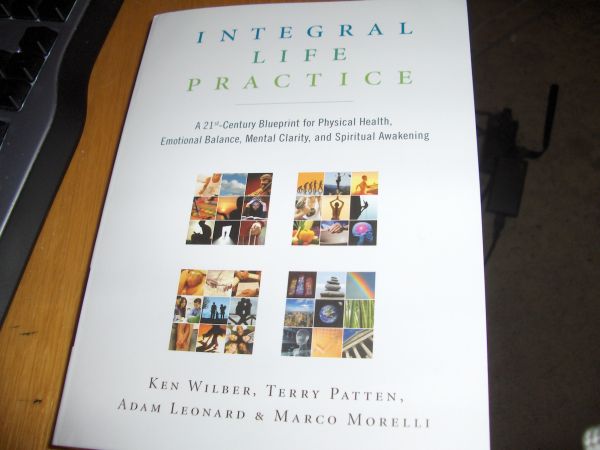 Proof that I have at least unpacked it!
Proof that I have at least unpacked it!